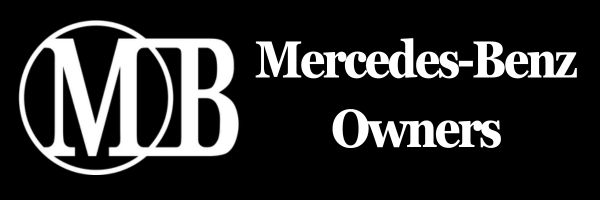32272
New Member
Hello everyone, my 16 year old 190E has recently had a 36k type service at the same MB dealership that has looked after it for several years. Until now I have been very happy with the work done, but with a few extra repairs included, the bill this time was over £1100! Included was a front brake disc and pad change, and ever since, the brakes squeal at low speed. I've taken it back, but been fobbed of with '' they need bedding in '' After 300 miles it's still the same. On the last visit the guy drove it with the brakes and accelerator on at the same time, then told me nothing was wrong. they still squeal. I get the impression that this dealership, recently moved to brand new premises outside Bath, do not like older vehicles spoiling their view! I have not had this problem befor with a pad/disc change, is this a common problem ? Any idea's on fixing it ? Many thanks, Andy.

